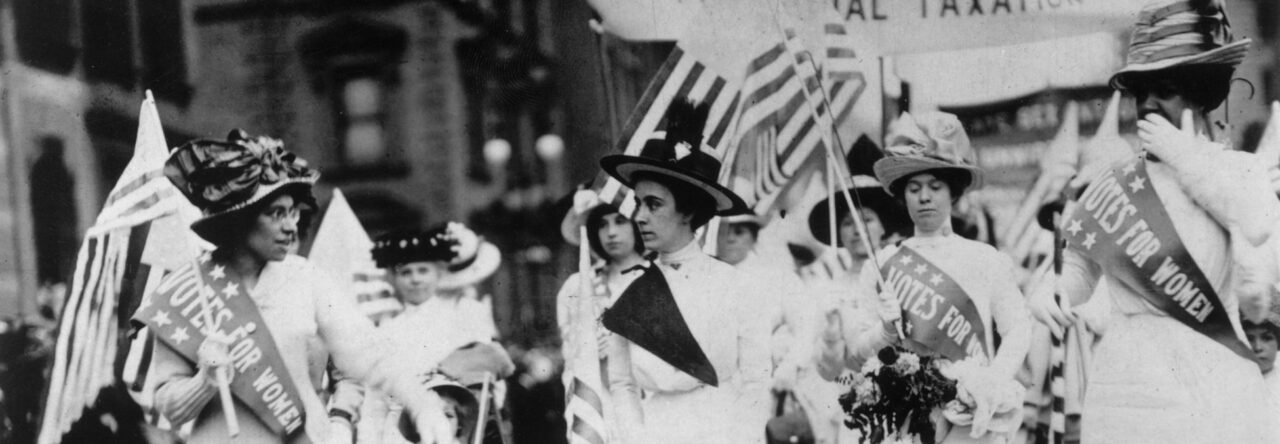“The soldier vote may be the deciding factor in many States,” reported George Gallup two days before the November 7, 1944 presidential election, drawing on his latest public opinion poll. The Associated Press reported that in at least 11 states, worth a combined 206 electoral votes, officials “expressed the opinion” that the soldier vote “could be decisive.” Another AP report showed that the estimated soldier votes for 16 hotly contested states could tip the plurality in each towards either candidate, incumbent Democratic President Franklin Delano Roosevelt or his Republican opponent Thomas Dewey.
It had been eighty years since the ballot of U.S. service members was so influential in determining the president. Not since the Civil War did the U.S. soldier have such importance in presidential politics. However, this did not exactly translate to election fever among the G.I.’s fighting the Second World War. In the German Hürtgen Forest, site of some of the fiercest fighting in the fall of 1944, election-day inquires “brought mostly disinterested replies from bearded soldiers trudging thru the mire or standing in the roadside and beating their hands together to keep warm.” Compared with the harsh realities of the life at the front for these 1st U.S. Army soldiers, the fact that it was finally election day mattered little for those who may have voted already by absentee ballot or those who didn’t vote at all, for a variety of reasons including “too much red tape connected with filling out forms.”
A similar tone resonated amongst the 3rd Army on the front in France, where Robert Crombie of the Chicago Tribune wrote that the election seemed “pretty remote from the mud and rain and chilly skies.” Although this reporter found some soldiers that did vote, many others didn’t. One lieutenant stated that he “didn’t vote because he felt he didn’t know enough of the situation from this distance” while a corporal who did vote admitted he “wasn’t very interested in the outcome because he didn’t feel it had anything to do with the outcome of the war.” Milton Bracker of the New York Times reported much the same amongst the 5th Army in Italy where curiosity did not extend beyond who was the victor and consequences of the election were “rarely subjects of soldier conversation.” Despite having been worked up by the subject of enfranchisement, few front line soldiers showed much interest in the face of the dangers of war.
The same cannot be said of all soldiers, especially those in the rear. Edward Doles of the Chicago Defender reported the intense enthusiasm of the soldiers in an African American artillery unit where “huge voting placards hanging near the mess tent,” were the place “where all men crowded looking for his state’s requirements” for voting. In London, much farther away from the fighting, the Chicago Tribune reported that “election crowds of American officers and servicemen swarmed London’s west end,” where “shouts of ‘Dewey’ and ‘Roosevelt’ alternated while election slogans echoed through blacked out streets.” In safe London the fervor over the election mimicked the election day enthusiasm of the home front and saw none of the disparity of the front lines.
In times of great conflict the importance of the soldier vote cannot be discounted. However, when faced with the brutal conditions of modern warfare, it should come as no surprise that for the G.I. election politics took a rear seat to the everyday hazards of combat. It is remarkable that any front line soldiers voted at all when each day they faced the life and death situations of war.


